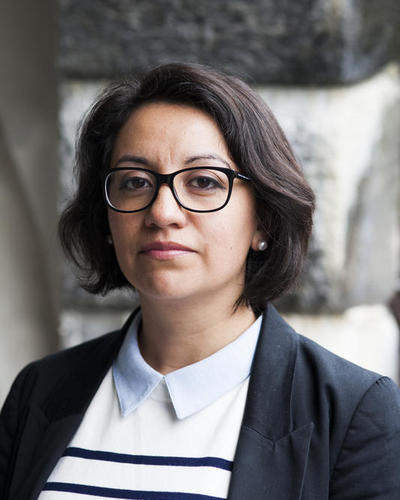Katherine Duarte
The thesis touches upon many subjects: how the media covers uncertainty and skepticism, but also how they portray climate fatigue and ultimately how climate scientists and journalists rely on each other, and how their communicative relationship plays out.
Hovedinnhold
The working title of my thesis is «Communicating climate science in the media: the challenges of dealing with controversies, uncertainties and different voices in the coverage of climate change in Norway". In this article-based thesis, I study how the Norwegian media covers climate change from 2009 till 2017. I use quantitative and qualitative approaches, agenda setting and framing analysis to answer the following research question: What kind of challenges does different actors meet when they want to communicate and transmit climate science in the Norwegian media landscape?
Climate journalism is a relatively new term in the Norwegian media landscape, although media has been covering weather and extreme weather events for many decades. Concerning that- how do they make the connection between climate change and extreme weather events? TNS Gallup's biannual surveys show that climate change is still on top of issues that the population worries about. At the same time, Norwegians are amongst the world's most climate skeptics. How does this dichotomy play out in the Norwegian press, is there still room to question the science, or is the Norwegian media in line with the scientific consensus on man-made climate change?
My thesis touches upon many subjects: how the media covers uncertainty and skepticism, but also how they portray climate fatigue and ultimately how climate scientists and journalists rely on each other, and how their communicative relationship plays out. On one side- scientific results that are crucial for politicians and policymakers- and simultaneously needs to inform the public because of the public right to know. On the other side: journalists have to rely on trustworthy sources which can report on complex issues. I have therefore looked upon this symbiotic relationship between climate scientists and climate journalists.
Finally, in my thesis, I make an effort to give an overview of recent climate journalism, what good climate journalism should include, and finally, give an impression on how science journalism, especially climate journalism has changed and most likely will develop in the future.
